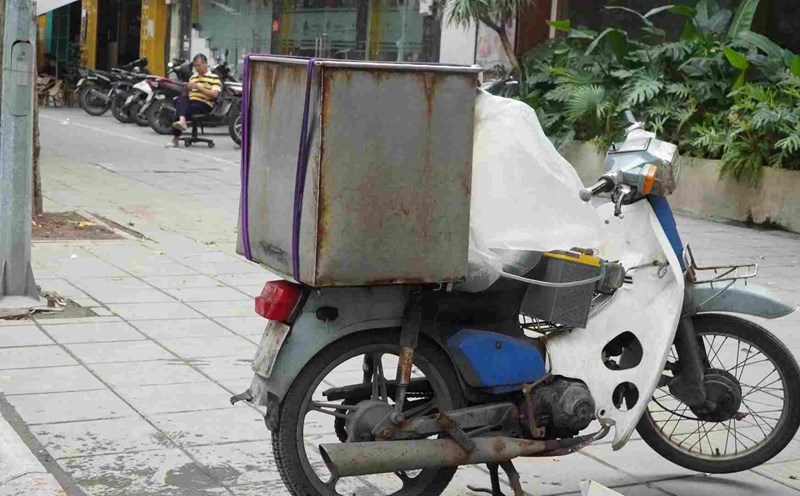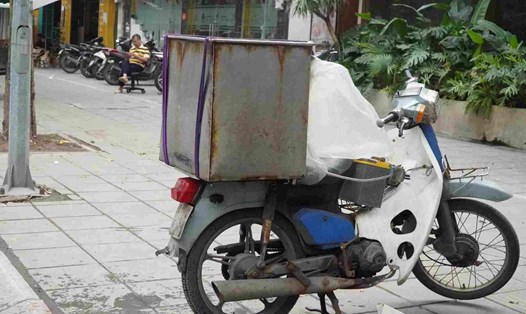The Ministry of Agriculture and Environment submitted a draft Decision of the Prime Minister stipulating the roadmap for applying national technical regulations on emissions of motorbikes and mopeds (motorbikes) circulating in Vietnam.
According to the draft, the time to start implementing emission inspection of motorbikes in circulation is as follows:
From January 1, 2027, motorbikes will be circulating in the area of 2 centrally-run cities, including Hanoi and Ho Chi Minh City.
From January 1, 2028, motorbikes will circulate in the remaining 4 centrally-run cities, including Hai Phong city, Da Nang city, Can Tho city and Hue city.
From January 1, 2030 for motorbikes circulating in the remaining provinces and cities. Depending on the actual situation, these provinces and cities can regulate the application of the deadline earlier.
Assessing the policy impact when applying motorbike emission inspection nationwide from January 1, 2030, the Ministry of Agriculture and Environment said that, positively, this policy will contribute to protecting public health and reducing diseases related to air pollution nationwide.
Expanding the effectiveness of emission control nationwide, contributing to improving air quality, especially in small and medium-sized urban areas, rural areas that are urbanizing have been controlled and managed early.
Create motivation for the transition to clean vehicles and electric vehicles, promote the market of technical equipment, batteries, vehicle maintenance and recycling nationwide.
"When applying motorbike emission inspection nationwide, it will contribute to promoting the development of the circular economy, through the mechanism of recalling and recycling used vehicles, used components and waste treatment services from vehicles, contributing to promoting the development of the country's green economy. ", the Ministry of Agriculture and Environment emphasized.
The policy will contribute to creating job opportunities and reducing the unemployment rate nationwide.
Completing and synchronizing the legal system, regulating from the central to local levels and creating a foundation for comprehensive emission control management.
Report and affirm with the international community the efforts to implement national air quality targets, increase the ability to achieve the emission reduction target as committed at COP26 and towards Net Zero by 2050.
The 2030 period is a comprehensive implementation step, shaping the long-term emission control system of motorbikes in Vietnam. Success in this period will help stabilize institutions, create strong trust among the people and strongly promote the green transformation process in the transport sector.
However, the authorities also pointed out some negative impacts when applying the policy. The policy will put pressure on large-scale vehicle conversion, causing difficulties for people in areas with particularly difficult socio-economic conditions, remote areas if there is a lack of financial support policies, or difficulty in accessing inspection facilities due to terrain characteristics and population distribution.
Increase public investment costs for infrastructure for inspection, human resource training, and equipment in localities where there is no technical foundation.
The risk of industrial waste and vehicles being eliminated if there are no reasonable facilities and processes for collection, classification and recycling.
Difficulties arise in management and compliance control, especially in rural areas where there are still thin human resources for cadres and uneven professional qualifications.
It is necessary to standardize processes, equipment and software systems to ensure synchronous and efficient operation.











